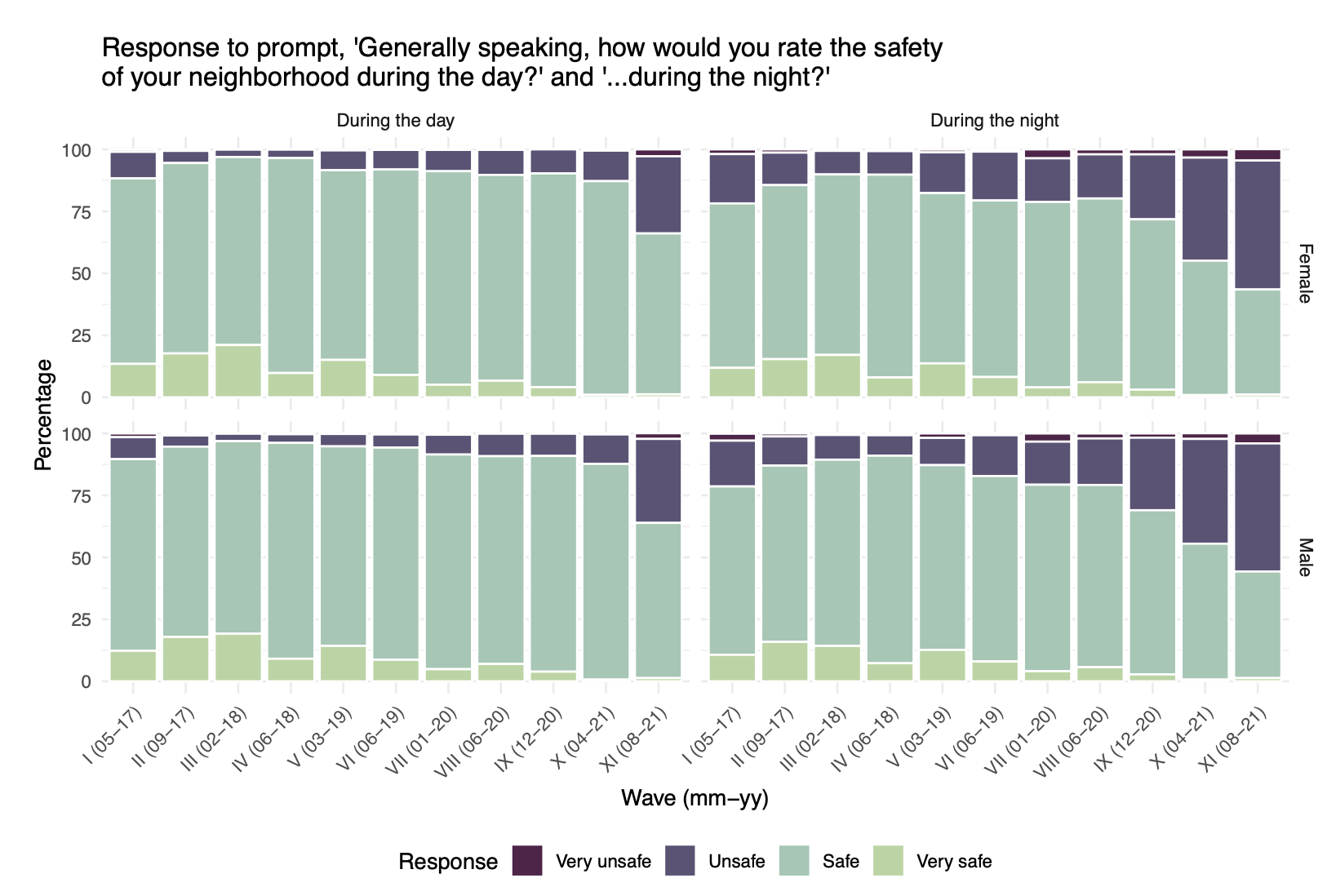Regular Perception Surveys on Social Tensions throughout Lebanon, Wave XI – ARK
19 November 2021
From 2017-2021, the ARK-UNDP Regular Perception Surveys on Social Tensions throughout Lebanon have provided key insights on the quality of relations between Syrian refugees and Lebanese host-communities. The Wave XI report also explores both communities’ experiences of the current economic crisis, with over 5,0000 interviews conducted at the height of Lebanon’s 2021 fuel crisis. Read the full report here.
See key findings below:
Key Finding: Social Tensions
Mounting social and economic pressures have also contributed to increasing social tensions, both in relations between Lebanese host-communities and Syrian refugees and within and between Lebanese groups. More than a third of Lebanese (37.4%) now describe relations with Syrian refugees as ‘negative’ or ‘very negative’. These more negative perceptions of the quality of inter-communal relations are also increasingly concentrated in areas of the country with more refugees per capita and which have been particularly hard hit by the economic crisis.
Key Finding: Electricity and Services
Severe shortages in the availability of fuel and long rolling blackout were a primary grievance. On average, respondents reported 18.9 hours of service interruption each day. Most households were not able to obtain electricity for twenty-four hours each day, even with access to a private generator. From Wave X to Wave XI, the per cent reporting that they received power ‘for all hours when the power was cut’ fell from 69.3% to 13.6%. The downstream effects of the fuel crisis had already manifested in interruptions to other basic services and utilities. The survey documented significant declines in the level of access to and quality of nearly all basic services and utilities queried. This included 50.8% rating the quality of sewage and sanitation services in their area as ‘poor’ or worse, and 48.4% rating the quality of waste removal services in their area as ‘poor’ or worse.
Key Finding: Food and Medicine
Two-in- three Lebanese and four-in-five Syrian households now say they are worried about food supplies. Lebanese concerns about access to food have increased by approximately 258% since 2018, prior to the current economic crisis, and Lebanese concerns about access to safe drinking water have also recently surged, increasing 108% over the same period. On account of both price hikes and reports of hoarding in the market, the public was also greatly concerned about the availability of medicine in this wave of the survey. Thirty-six per cent (36.2%) of Lebanese said they worried about access to medical care or medication ‘sometimes’, 19.5% that they worried about access to medical care or medicine ‘often’, and 38.9% said they worried about access to medical care or medication ‘all the time’.
Key Finding: Safety and Security
Worsening inter- and intra-communal relations, the deterioration in the economy, high levels of political instability, months of regular protest, food and fuel riots and numerous high-profile security incidents have also contributed to dramatically worsening perceptions of physical safety and security, nation- wide. Over a third of Lebanese (35.2%) said they felt unsafe in Wave XI (August 2021), more than triple the number saying the same a few months prior in Wave X (April 2020). A majority of both Lebanese and Syrians (52.2%) said that security in their area had worsened over the previous three months; only 4.9% said that security in their area had improved, even somewhat. In Wave XI, 13.4% of Lebanese and 11.3% of Syrians reported recent exposure to armed violence.
Relevant Links
Link to the UNHCR Information Hub: http://ialebanon.unhcr.org
Link to public interactive dashboard, selected statistics: https://app.powerbi.com/view?r=eyJrIjoiZGZhMDExMjYtNzFmZC00YjU3LWE0Y2YtNTcyMmZhNjAyNTliIiwidCI6ImIzZTVkYjVlLTI5NDQtNDgzNy05OWY1LTc0ODhhY2U1NDMxOSIsImMiOjh9




